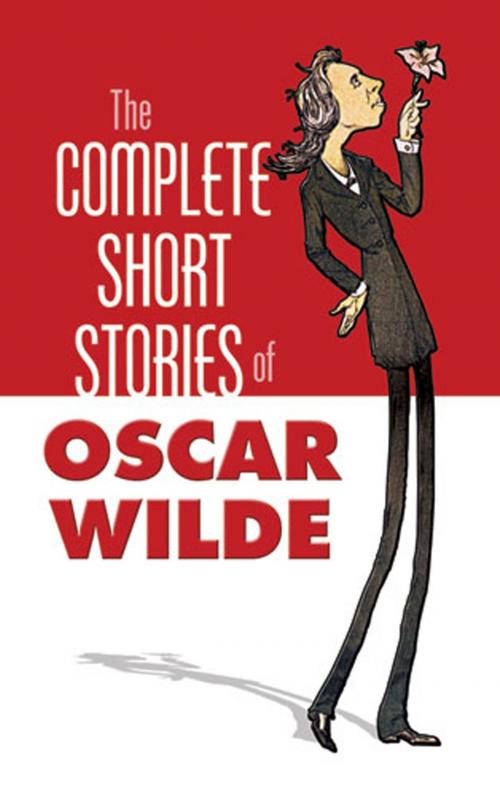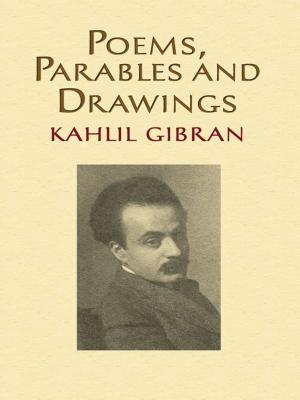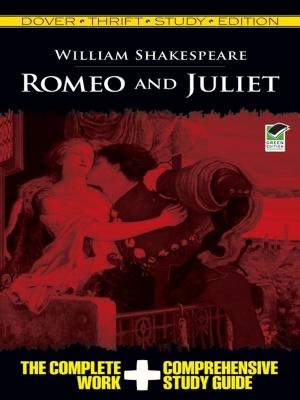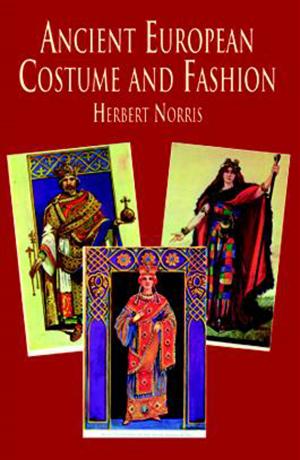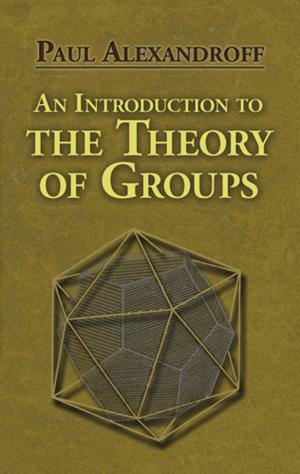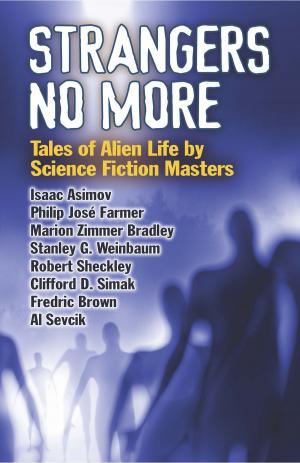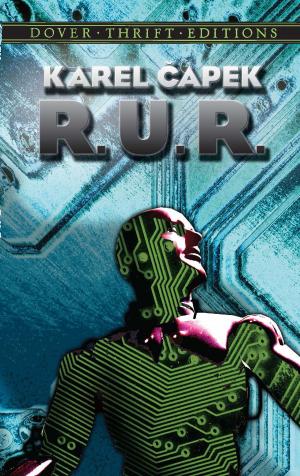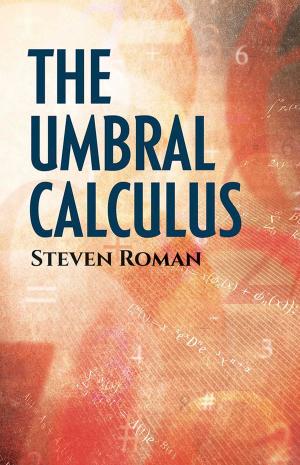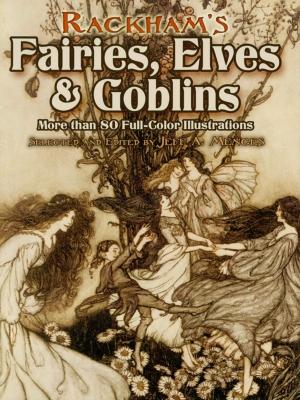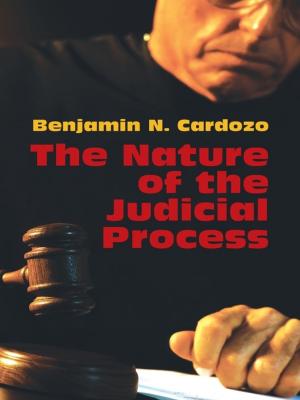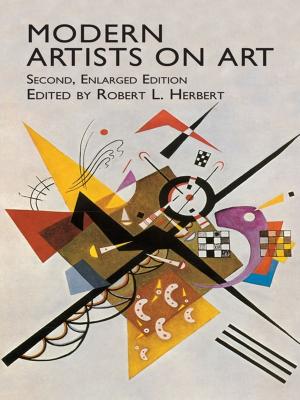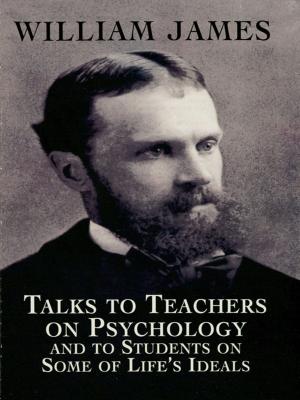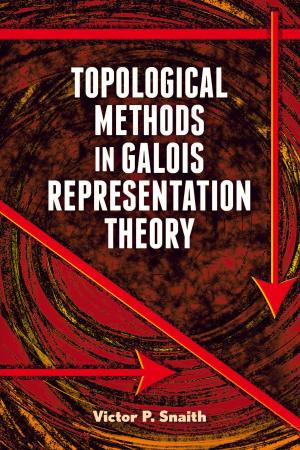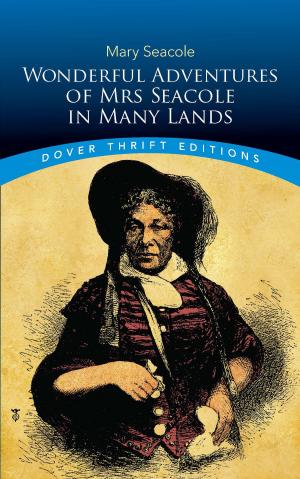| Author: | Oscar Wilde | ISBN: | 9780486121864 |
| Publisher: | Dover Publications | Publication: | April 19, 2012 |
| Imprint: | Dover Publications | Language: | English |
| Author: | Oscar Wilde |
| ISBN: | 9780486121864 |
| Publisher: | Dover Publications |
| Publication: | April 19, 2012 |
| Imprint: | Dover Publications |
| Language: | English |
This comprehensive collection showcases Oscar Wilde's brilliant storytelling skills and his amazing stylistic versatility, ranging from fairy tales and ghost stories to detective yarns and comedies of manners. It includes the complete texts of "The Happy Prince and Other Tales," "A House of Pomegranates," "Lord Arthur Savile's Crime and Other Stories," "Poems in Prose,"and the critical essay "The Portrait of Mr. W. H."
Originally published in the late 1880s and early 1890s, these tales predate Wilde's fame as a dramatist. When he wrote them, he was best known among fashionable London society as a drawing-room raconteur. Many of the character types now familiar from his comedies first emerged in these stories, along with his gifted uses of parody, melodrama, paradox, and irony. Even more significantly, they reflect the author's preoccupation with opposites — idealistic love and desire, art and life, sincerity and artifice, innocence and sin, altruism and greed, and honesty and deceit — offering captivating expressions of the themes that dominated Wilde's life and thought.
This comprehensive collection showcases Oscar Wilde's brilliant storytelling skills and his amazing stylistic versatility, ranging from fairy tales and ghost stories to detective yarns and comedies of manners. It includes the complete texts of "The Happy Prince and Other Tales," "A House of Pomegranates," "Lord Arthur Savile's Crime and Other Stories," "Poems in Prose,"and the critical essay "The Portrait of Mr. W. H."
Originally published in the late 1880s and early 1890s, these tales predate Wilde's fame as a dramatist. When he wrote them, he was best known among fashionable London society as a drawing-room raconteur. Many of the character types now familiar from his comedies first emerged in these stories, along with his gifted uses of parody, melodrama, paradox, and irony. Even more significantly, they reflect the author's preoccupation with opposites — idealistic love and desire, art and life, sincerity and artifice, innocence and sin, altruism and greed, and honesty and deceit — offering captivating expressions of the themes that dominated Wilde's life and thought.
